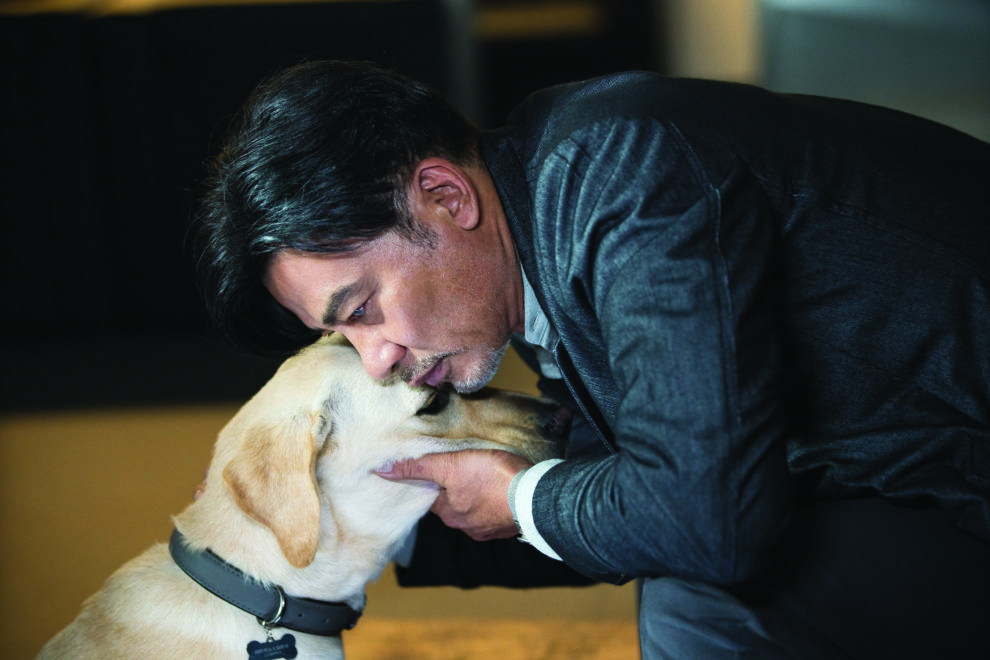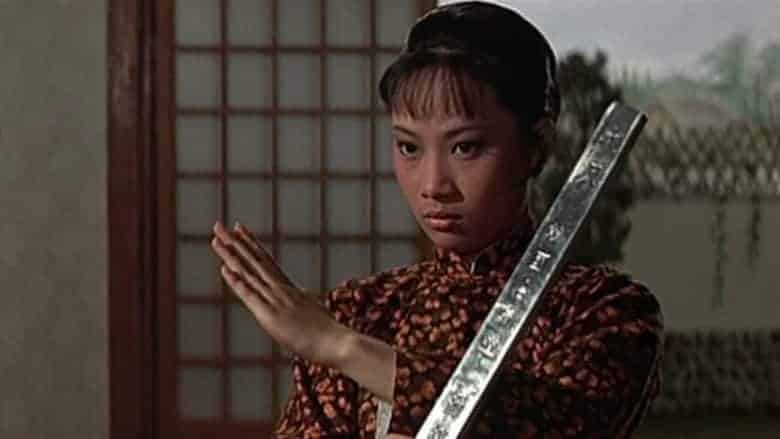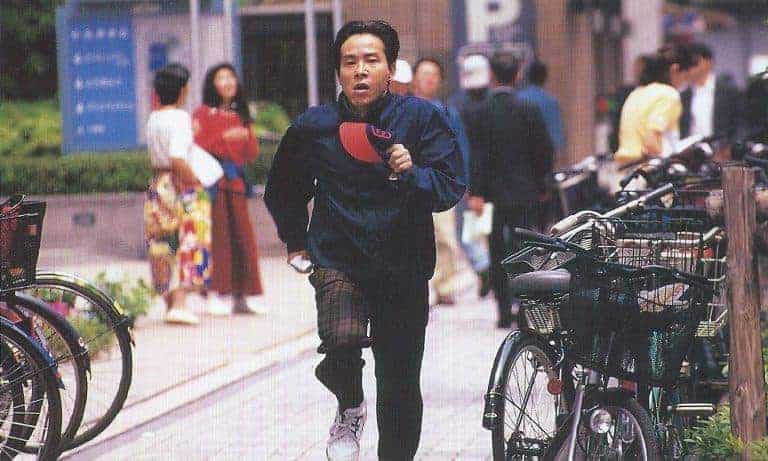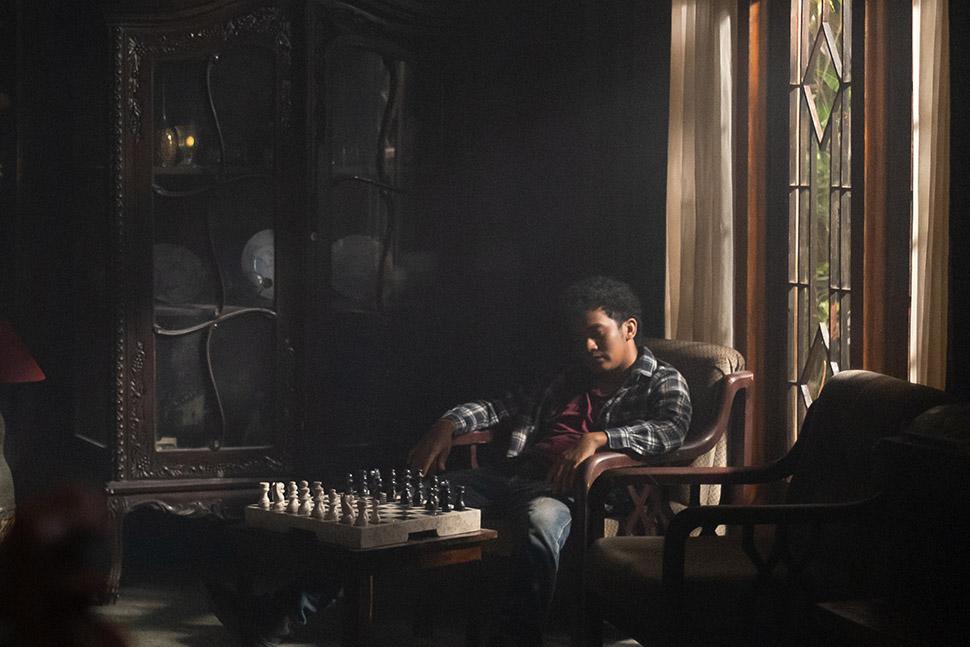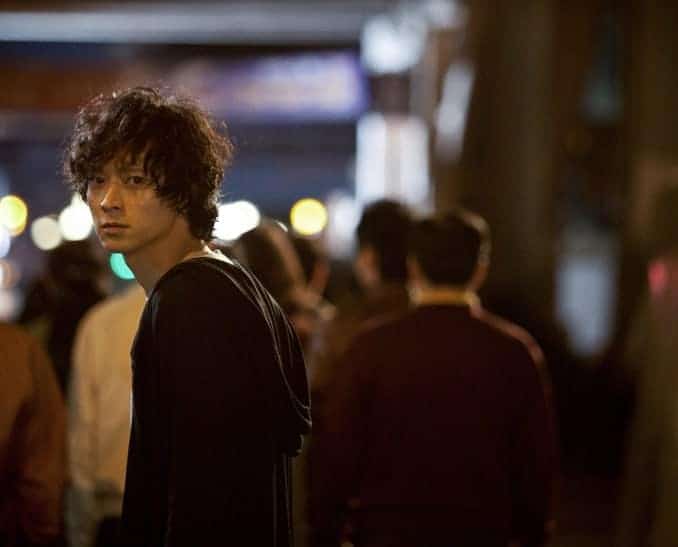The concept of the dogs that guide blind people in life has not been exactly a recurring one in cinema, despite the appeal of both the particular animal, and of “real life heroes” in general. Law Wing Cheong decided to cover that gap, by presenting a film based on a true story, which focuses on such a dog, the titular Q.
Buy This Title
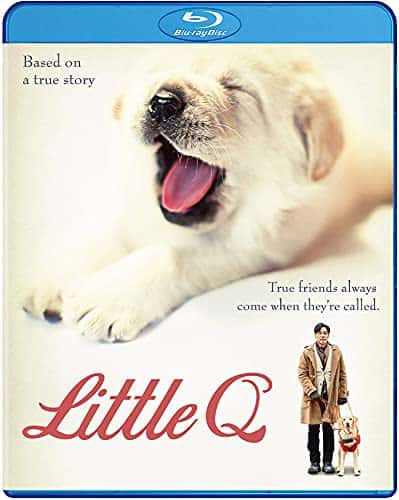
Lee Bo Ting is a world renowned pastry chef, who suffers from an illness that will eventually turn him blind. Being already irritable, and quite harsh to the people around him, including his siblings and his students in the hip pastry cafe he owns and operates, his fate has made him utterly impossible, not to mention an alcoholic. The story eventually changes focus to Little Q, and her path from being a puppy to spending time with a foster family and becoming friends with the young daughter, Chan Zhiqiao, to undergoing the training for being a guide dog, passing the exams, and eventually being assigned to Lee Bo Ting. The story then takes a rather dramatic turn, since the bitter chef wants nothing to do with the kind, caring and rather dedicated dog, even becoming violent on occasion, until an almost fatal event changes everything.

Law Wing Cheong directs a movie which functions as a tribute to all guide dogs, with Q essentially being the main protagonist, and actually giving a rather good performance, since even her looks seem to have been captured in a way that makes them meaningful. Through her, the importance of this kind of dog is exemplified in the highest degree, since people with visual impairment truly benefit from their presence, which can be described as life changing. The thoroughness in the depiction of the way they are bred, trained, assigned and retired is almost documentary-like, highlighting the whole procedure, in a way that, additionally, finds contextual meaning in the movie, intensifying the dramatic element. In that regard, Simon Yam is great as the blind, impossible man, with the part of the movie before his change, being impressive, as he portrays his downward spiral to self-destruction rather eloquently.
Somewhere here, however, is where the good parts of the movie end and the bad begin. Starting from the saving scene, which is shot in a way that is much reminiscent of Johnnie To's best moments, the narrative begins to fail intently, particularly since the transformation Law exhibits is rather unjustified, and even worse presented, with Yam looking completely out of his comfort zone, in his effort to depict a man who has changed so radically in a moment. At the same time, the melodrama and the overall forced sentimentalism take over the narrative in the most pretentious way, with the almost constant use of music, the rather polished cinematography, the exaggerated performances (particularly in the way everybody seems to smile all the time) and the fact that almost everyone in the cast is unrealistically good-looking, making the film look like some kind of rather extended TV-advertisement. Evidently, the effort took place in order to appeal to a larger audience, which also includes the whole concept of pastry cooking, but Law Wing Cheong lost his sense of measure at some point, resulting in a movie that is excessive in a number of ways.
The same applies to the fate of Lee Bo Ting and Q, the recurring relationship of the latter with a now grown up Chan Zhiqiao, and essentially, the whole story, which stretches, completely unreasonably, to more than 100 minutes.
The only way all the aforementioned could be justified is if the movie was addressed to children, although the sum of the individual elements here does not point towards that. In that regard, “Little Q” is an effort whose main purpose, of highlighting guide dogs, is applaudable, but the end result, quite mediocre, with very few exceptions. Essentially, a movie only for extreme dog lovers.


